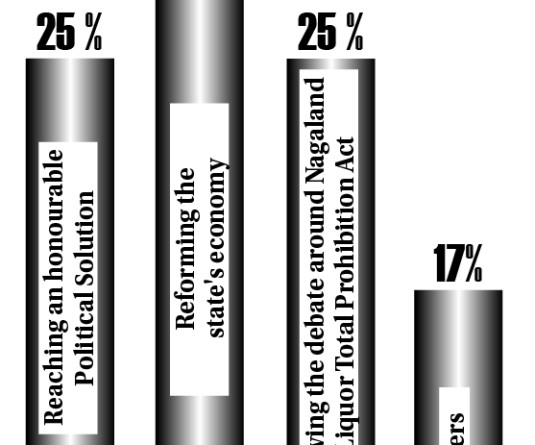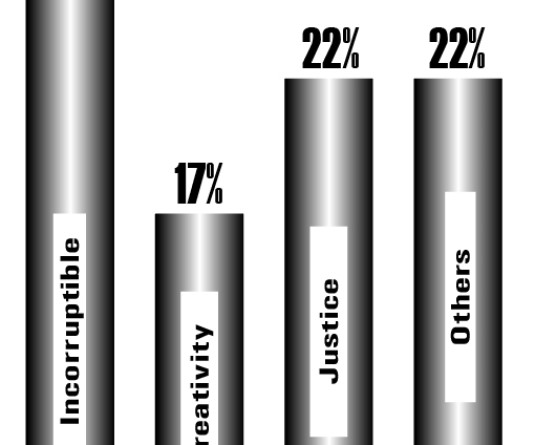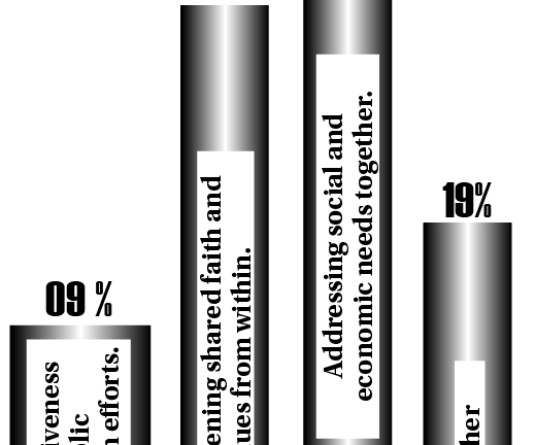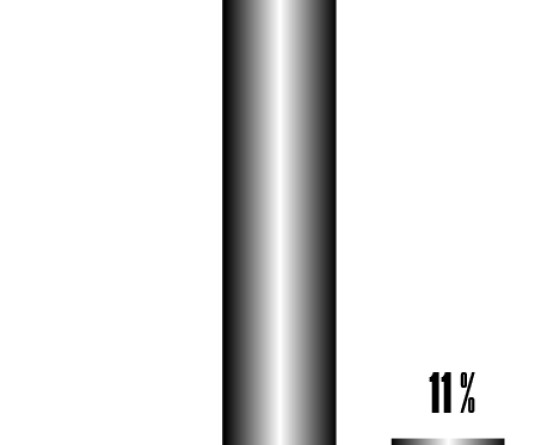
Yes:
• The legitimacy of customary law is derived from international law and human rights and so whenever there is a clash between the two, the human rights must be upheld.
• Human Right is a universal right and must prevail over customary law.
• For example, if a customary law allows for discrimination based on gender or race, or if it permits harmful practices such as female foeticide, then it must be overridden by human rights principles. Upholding human rights ensures that every individual is treated with dignity and respect, regardless of culture, ethnicity, or gender.
• Yes, in an ideal world this question is not necessary because cultural rights and human rights are complementary. But in this corrupted world that we live in, our customary law has been abused and is not in consonance with human rights. When there is conflict between customary rights and human rights, the customary rights must give way to human rights.
• It is high time we Nagas start moving forward with the rest of the world. Even acts like Sati, child marriage were very much part of many Indian customs but they gave way for basic human rights. We cannot hide under the guise of Article 371A and Naga customary rights anymore. Justice delayed is justice denied.
• Yes, because no law should be above any human rights. Moreover in the context of Naga society our customary laws are dictated by men alone hence there is a presence of biasness in it.
• Humanity before anything else
No:
• Because I am a hypocrite who loves power and doesn't want any change in the status quo.
Others:
• Customary law and human rights are partially in conflict, that means some laws from customary need to be preserved while some not. Since poll is particularly referring to ULB 33% reservation then readers think properly particularly women and girls. Recently, there is so much nonsense war between gender, which had created a new "ism", that is genderism. Unlike the earlier days NMA (Naga Mothers Association), the present day NMA is diluted and being controversial, mainly due to feminism. Why NMA is being diluted and brings up unnecessary topics which led to controversial situations, because it has a root cause due to feminism ideology and teachings which have tainted the PRESENT NMA very badly. Feminist and feminism inculcate delusional agendas, in fact feminist are biased and sexist against their own gender. They hate women who are working as housewives, hate motherhood (focused only on career and nothing else) disgusted by women in low position, etc. These are seen particularly in developed countries, especially in western and European, however, anything can happen because we are looking at the same sun isn't. The present NMA should not be worried about 33% reservation on ULB. The recent objection by NMA (Naga Mothers Association) to repeal Naga Municipal 2001, has shown the real faced of feminism. In fact, NMA should be UTMOSTLY worried about cultural misappropriation by non-locals (non-Naga). NMA should also be worried about Koreanism or Korean wave particularly by young females, who knows in the next 10 years instead of going trip to Korea or Japan, people might or perhaps come to Nagaland looking for Korea or Japan culture and tradition, well don't be surprised because Korean and Japan are going extinct (low population). Last but not the least I do believed that women and girls can be empowered without feminist teachings and ideology.
• Make a law in such in such way that both of can be benefited (customary laws and human rights go hand in hand ) .The recent foolish incident by NMA (Naga mothers association ) want to cancel out customary laws, but canceling out customary laws is same as without human rights.
• This is a vague question. First of all, which particular customary law is in conflict with which aspects of human rights?
• Customary law should be updated as we all know that we not in those olden days where Men's were inferior to women, we can see a drastic change in this modern age. So customary law should be completely abolished or should be revamped!
• This is a very broad and general question so I think we should stick to our customs because without our customs we lose our identity.
• Ancient laws which infringes on the natural rights of a human being have to be revamped.
• The former should prevail over the later
• Human rights should supersede customary laws to ensure every individual dignity and equality regardless of gender, race and beliefs. The basic human rights are based on shared values like dignity, fairness, equality, respect and independence which are defined and protected by law. Customary laws consists of customs, local usage and beliefs of the community. Customs represent a cultural package inherited from the ancestors and from which no deviation is permitted. Being a part of a cultural package, customs are expected to be observed in every situation, regardless of circumstances. However, not all customs and usages are deemed law. Some are denuded enforced law. Human rights values are low in rural areas due to lack of awareness and in many cases, dominated by a specific gender. The existence of plurality of rules in the legal system poses theoritical and practical problems. One of the most persistent and perhaps intractable problem is the difficulty of unifying the legal process. It is high time, we move out of the ambit and bridge the existing gap between human rights and our stern customary laws. Gender stereotype as such which forbids women's excess to power- social and political and inheritance to property which might sound amusing to many readers.
• Customary law (in the context of the Nagas) is an identity so it should not give way to any other right to be superior than itself. However, with the changing times & generations, it'll be apt for those customary laws to be updated in a way to accommodate the welfare and well-being of the present generation and not the older generation. Laws that do not benefit the community as a whole should be done away with. We live in a very different time now. Every community is educationally as well as morally very advanced, aware of what should and what should not. That being said, customary laws should exist with a clear guardrail so no rights could be misinterpreted and misused. As long as the customary law is in tune with the welfare of every person in the community no other law or right should play in to dilute the identity of any community.






